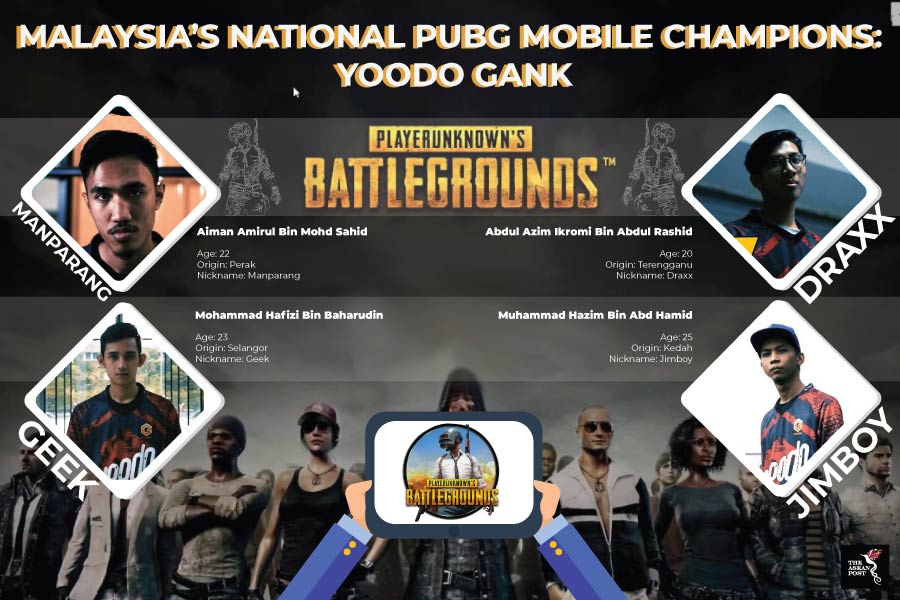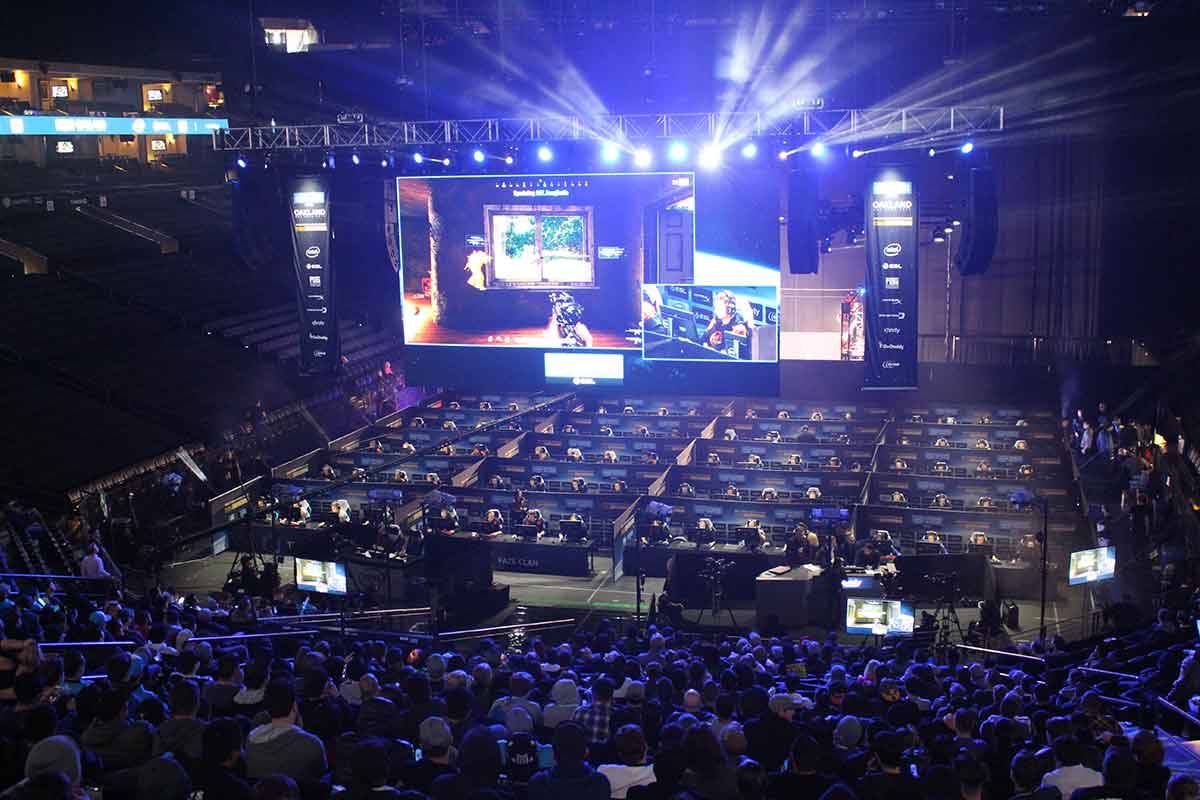Scapegoating in most cultures is considered the norm. Myanmar scapegoats the Rohingya, China scapegoats the West and the United States (US) scapegoats its minorities.
Malaysia is no exception to this behaviour. In response to the 15 March Christchurch shooting, many people attributed the terrorist’s violent behaviour to the hugely popular battle royale game, Player Unknown’s Battlegrounds (PUBG).
“The point of these video games is to mould a generation that is excited by war and violence”, said Mohd Yusof Ahmad, Mufti (Muslim legal expert) from the state of Negeri Sembilan; calling for the game to be banned in Malaysia.
This sentiment has also been echoed by Malaysia’s Muslim community, citing that the game promotes “Islamophobic imagery” when it was discovered that one of the items in the game resembles the Kaabah, a building at the centre of Islam's most important mosque.
These developments have raised concerns for the esports industry in Malaysia as gaming there provides many pro gamers with a lucrative income – literally putting a roof over their heads.
“This game is my livelihood”, said Aiman Amirul Mohd Sahid, captain for esports team Yoodo Gank in an interview with a local daily. Yoodo Gank will be one of the teams representing Malaysia at the PUBG Mobile Club Open in Shanghai, China.

The question raised is: Is it true that violent video games like PUBG can cause something as devastating as the Christchurch shooting?
Violence and aggression?
Many analysts would say no. Whilst a slight or even negligible increase in aggressive behaviour could be observed, most tests that were run did not give an accurate description of the deep-rooted effects violent video games could have on a person’s psyche, according to Jason Schreier of Kotaku.
In fact, many studies have disproved the link between violent video games and aggressive behaviour including a recent study done by the Royal Society Open Science in 2019 entitled “Violent video game engagement is not associated with adolescents’ aggressive behaviour: evidence from a registered report”.
However, game developers are still responsible for the design decisions in their games. In PUBG’s case, the Islamophobic imagery in the game may influence some gamers who in turn could develop violent tendencies and commit acts of terror against Muslims.
The Islamophobic imagery in PUBG was brought to light in the form of a “Birthday Crate” and many Muslims thought it looked like the Kaabah. Not helping matters further is the fact that the crate can be opened by shooting at it.
PUBG’s developer, Blue Hole Games, has since changed the imagery and issued an apology.
Citing a video game’s genre or themes as the sole cause of violence is outright false. According to Dr Patrick Markey, Director of the Interpersonal Research Laboratory in Villanova University, trying to link video games to acts of horrible aggression is pointless.
At the core
Dr Patrick Markey also said that while violent video games can temporarily cause aggressive behaviour, they do not fundamentally change a person. The aforementioned “aggressive behaviour” if oftentimes benign, i.e. being rude. He said the reasons why video games are often linked to terror is because it is easier to scapegoat something than to tackle the actual reasons at the core of the violence.
In fact, many agree that a country’s stance and history have a much firmer grip on a person’s identity and alignment than what genre of video game he decides to play all day.
In the case of the Christchurch shooting, while the terrorist jokingly attributes his acts of violence to video games, we can easily see from his manifesto that he is a white supremacist who believes all Europeans are of “noble blood”. This shows that his belief in white supremacy has a firmer grip on him than his affection for violent video games.
Malaysia’s Youth and Sports Minister, Syed Saddiq affirms this statement by saying “Trust me, whether or not there are such online games, people with extremist beliefs will still carry out violent acts.”
Proposing a ban on the video game PUBG is up to the Malaysian government. Some would argue that the banhammer could end up squashing many innocent people who depend on the game for their livelihood. Weighing the pros against the cons is not easy as Malaysia too has a growing esports industry and a ban could affect it in a huge way.
Related articles:
Islamophobia in Southeast Asia
